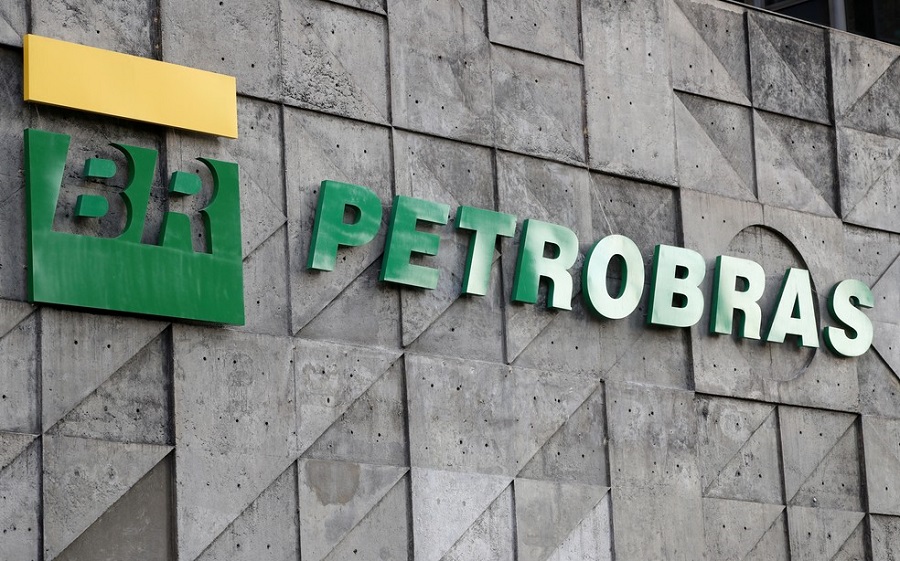RIO DE JANEIRO, BRAZIL – Petrobras told the Administrative Council for Economic Defense (CADE) that its investigation into the fuel readjustment is irregular and called for the administrative inquiries opened by the council this month to be shelved.
“For all the above, it seems that any concerns about Petrobras’ conduct that may have prompted this investigation are unfounded, which is why we request that the CADE’s General Superintendence determines its summary dismissal,” reads the document sent by the company.

In response to CADE this week, Petrobras also came out in defense of its fuel pricing policy. The statement comprises 45 pages and 140 topics, with arguments and graphs.
According to CADE sources, the response is being examined, which will be concluded at least until the start of next week. In practice, CADE has no deadline to complete the procedure, and may require new information from the company.
In its statement, Petrobras complains that the scope of inquiries is very broad and demands “detailed” explanations from CADE about what exactly is being investigated. The company points out that a commitment term is still in force, signed by Petrobras, after an investigation by the council about the company’s performance in the refining market.
Critically, it challenges CADE’s powers and says that it is not up to the agency to set prices and gather information on Petrobras’ profitability. “It is, clearly, an absolutely irregular procedure, in light of the legal attributions of a competition defense body. It would make no sense, in fact, for CADE to propose to regulate prices in the oil derivatives refining market,” it stresses.
PRICE PARITY
Petrobras argues that oil is a commodity and, therefore, it is regulated by the international market. But not only that. “The import parity price is only a reference of the value of products in the Brazilian market, being one of the decision factors for readjustment. This concept is widely used for pricing all kinds of commodities in open economies worldwide, including in Brazil,” it says.
In its justification, it explains what it takes into consideration when following the ups and downs of the foreign market, such as not failing to pass on the costs of the product.
“Limited prices below their real market value do not correctly signal product scarcity, encourage irresponsible consumption and, in the short term, impact the imports needed to complement domestic production and, in the long term, compromise the investments needed for operational continuity and industry upgrading, which can lead to obsolescence and lack of supply. In the case of the energy industry, this can mean a bottleneck for economic growth as a whole,” the company states.

